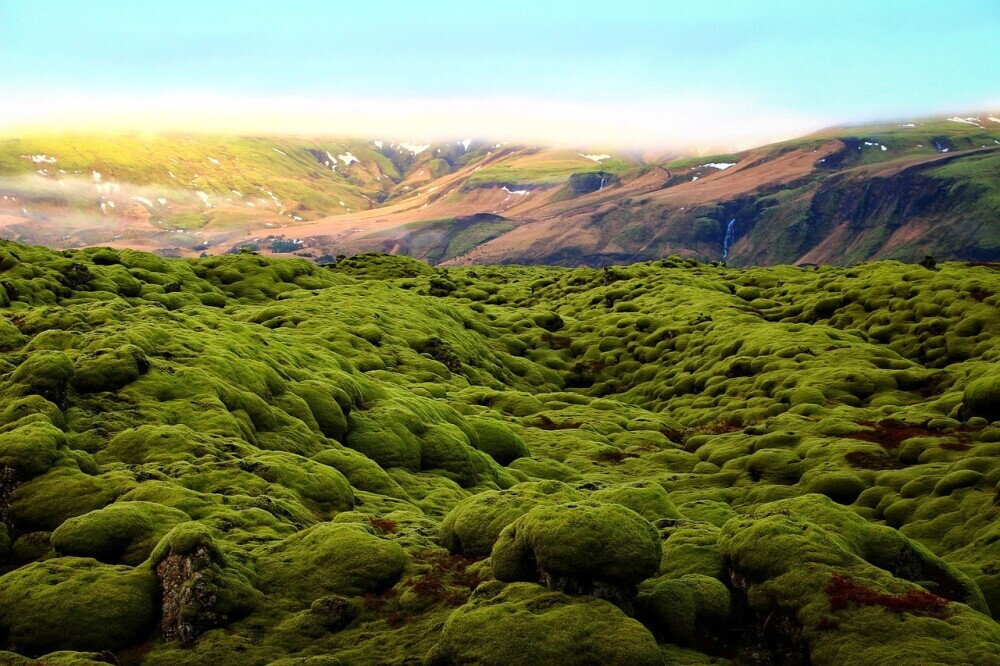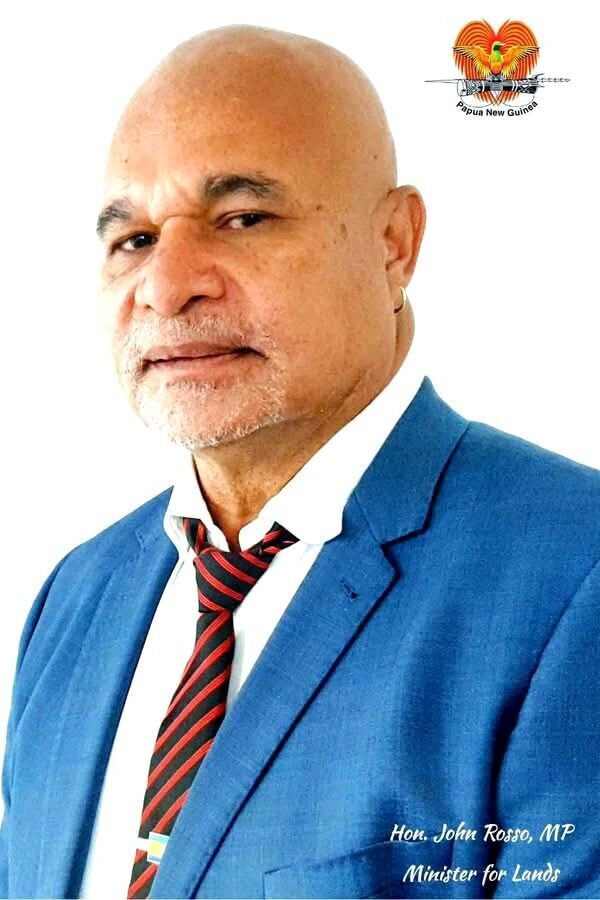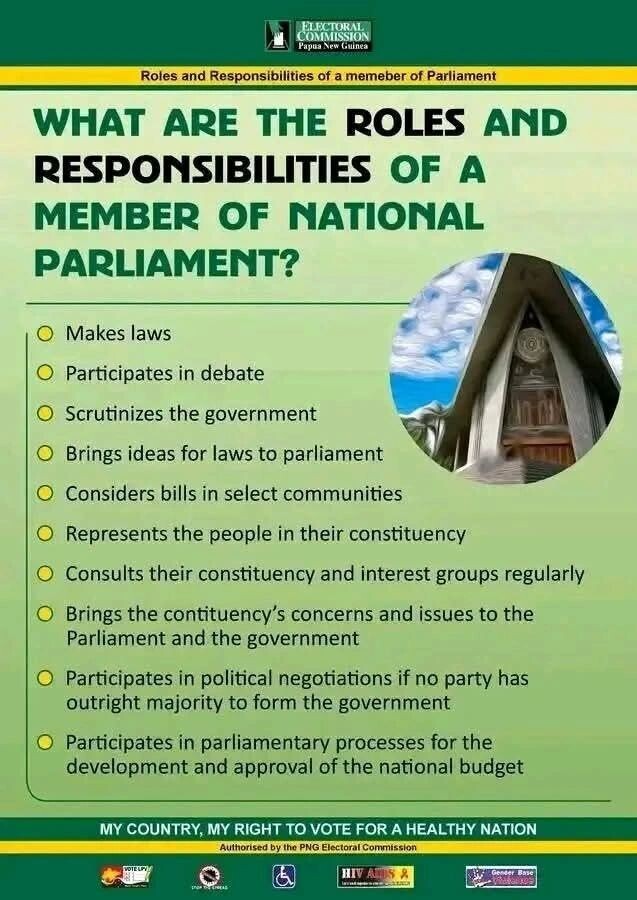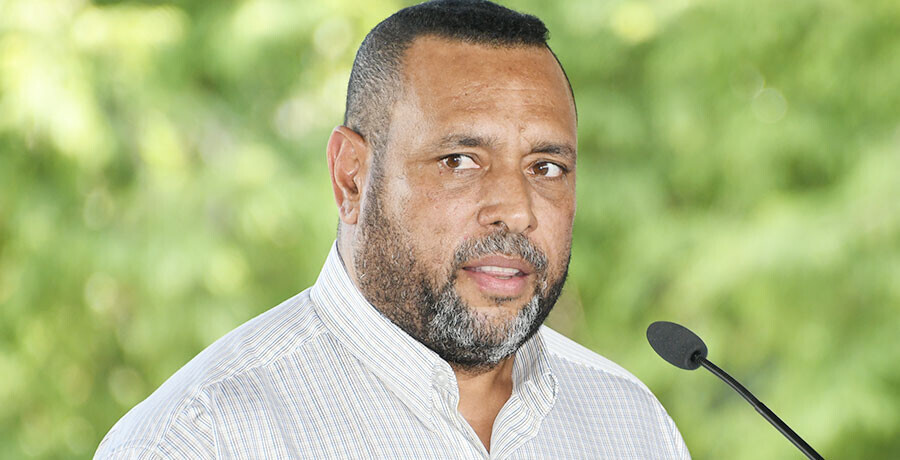Discover the unique land ownership system in Papua New Guinea (PNG), where 97% of the land is held communally, reflecting deep cultural ties and sustainable practices.
Customary Land Ownership in Papua New Guinea: A Cultural and Economic Perspective

I. Introduction to Customary Land Ownership in Papua New Guinea
Overview of PNG’s Unique Land Ownership Landscape
Papua New Guinea (PNG) is home to one of the most distinctive land ownership systems in the world, where approximately 97% of the land is held under customary ownership. This system is a deeply rooted tradition that governs how land is owned, managed, and transferred among the country’s diverse communities, which consist of over 800 distinct cultural and linguistic groups. Customary land ownership in PNG is primarily communal, with land rights determined by kinship, clan membership, and lineage.
Unlike in many parts of the world where land is commodified, in PNG, land is a source of identity and heritage. The customary system emphasizes stewardship and communal benefits over individual ownership, reflecting the strong connection between the people and their land.
Cultural and Economic Significance of Land Ownership
For Papua New Guineans, land is not merely a physical resource. It’s a fundamental aspect of cultural identity, spirituality, and survival. Land is central to traditional ceremonies, social structures, and the transmission of cultural knowledge. Ownership often conveys the responsibility to manage the land sustainably for future generations.
Economically, customary land is crucial for subsistence agriculture, which supports around 85% of the population. It also plays a role in resource extraction activities, including mining, logging, and agriculture, which significantly contribute to the national economy. However, the integration of customary land into modern economic frameworks has been challenging, leading to debates on development and land reform.
Historical Overview of Land Ownership Systems
Papua New Guinea’s customary land ownership system has evolved over centuries. It is shaped by indigenous traditions and external influences. Before colonial contact, clans and tribes governed land through oral traditions and customary laws, which outlined boundaries, usage rights, and dispute resolution mechanisms.
Colonial powers, including Germany and Britain, introduced formalized land tenure systems, often acquiring land for administrative and economic purposes. These foreign systems sometimes conflicted with customary practices, creating tensions that persist today. Post-independence, the PNG government recognized customary land as the dominant form of tenure, enshrined in the Constitution and the Land Act 1996, which protects the customary ownership system while allowing for its voluntary registration.
Purpose and Scope of This Book
The purpose of this book is to explore the complexities of customary land ownership in Papua New Guinea, providing insights into its historical, cultural, and economic dimensions. By analyzing its current challenges and opportunities, this book aims to inform policymakers, researchers, and citizens about the importance of customary land in shaping PNG’s future.
The scope includes:
- An analysis of the legal frameworks and governance of customary land.
- Exploration of land disputes and conflict resolution mechanisms.
- Evaluation of the impact of modern development pressures on customary land practices.
- A discussion on future directions for customary land management, including reforms and sustainable practices.
The Value of Understanding Customary Ownership
Understanding customary land ownership is critical for fostering inclusive development in PNG. It allows for the design of policies and programs that respect traditional practices while promoting economic growth.
Furthermore, appreciating the cultural significance of land ownership can strengthen community cohesion and ensure that development aligns with the values of the people it seeks to benefit.
Customary land ownership is not merely a legal or economic matter. It is evidence of the resilience and adaptability of PNG’s cultural heritage. In a rapidly modernizing world, preserving and adapting this system is vital to maintaining the identity and autonomy of Papua New Guinea’s communities.
This is the introduction of “Navigating the Customary Land Ownership in Papua New Guinea”. For a complete book subscribe to papuaniugini.org to be sent to your email.
Related Posts
“Rethinking Judicial Power in Papua New Guinea” by Dr. Bal Kama
Read more news and stories here. Watch online news and documentaries about Papua New Guinea here.




